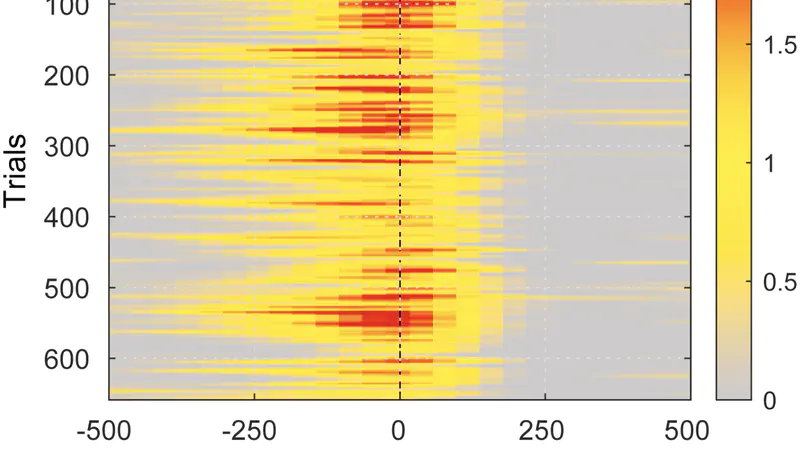Biography
I am excited about modernizing how we treat and diagnose mental health through tech. I also hope to make science, tech, and healthcare more understandable, accessible, and equitable. Feel free to reach out to discuss an idea or grab a coffee!
Also here you’ll find my passions including skiing, travelling, comedy, writing and more!
Download my resume here.
- Machine Learning
- Computational Neuropsychiatry
- Engineering
PhD in Bioengineering, 2023
University of California, San Diego
MS in Bioengineering, 2020
University of California, San Diego
BChE in Chemical and Biomolecular Engineering, 2018
University of Delaware
Skills
Featured Projects
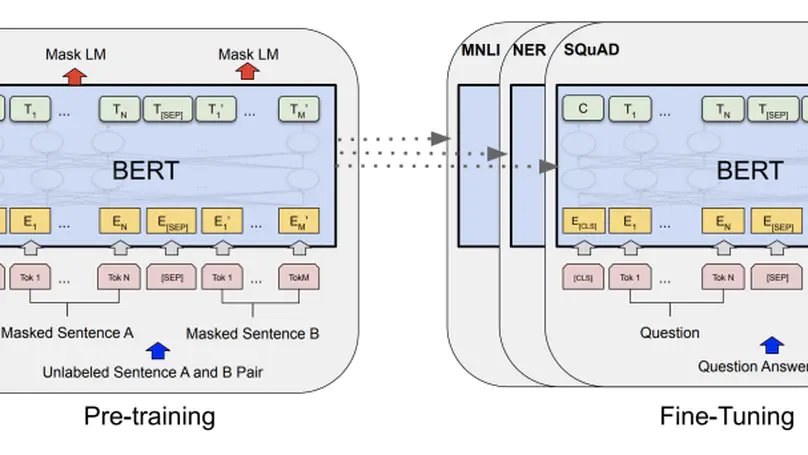
A conditional variational autoencoder uses a sentence premise and lass label to generate a hypothesis specific to that class type. Then, a BERT model is used to classify the results in order to evaluate the style transfer to generating the sentences.
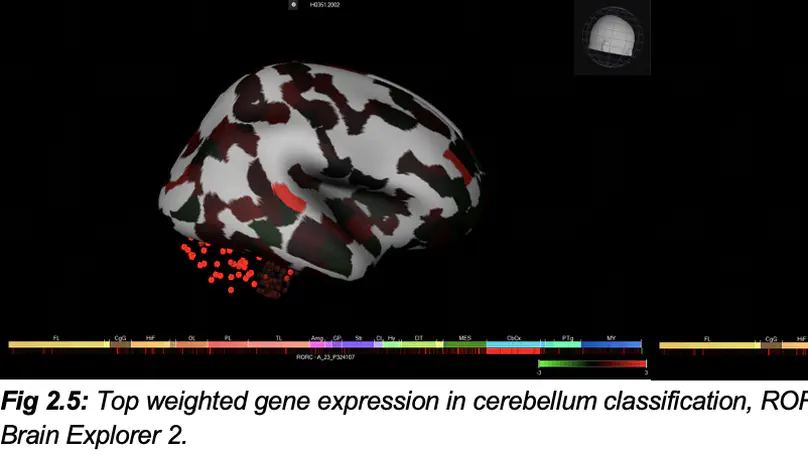
Analyzed 7k gene RNA-seq dataset for a single clinically healthy patientfrom Allen Brain Atlas using ICA, PCA, clustering, and classification to predict brain regions (98.7% accuracy for 3 regions, 67.1% accuracy for 10 regions) to see if variations in gene expression can be used to predict between regions at different resolutions and if that data can be used to determine localization of drug behavior based on chemical similarity to metabolites transported by transporters genetically expressed.
Talks & Conferences
Featured Publications
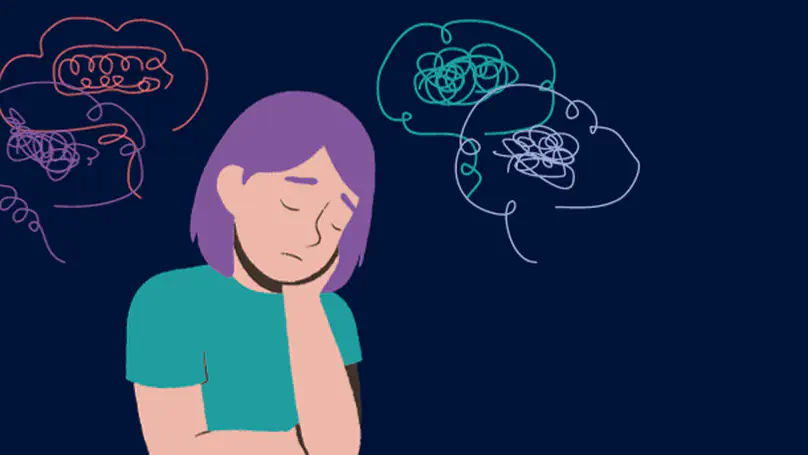
Depression is a common mental disorder among adolescents, yet the underlyingbiology is not well understood.
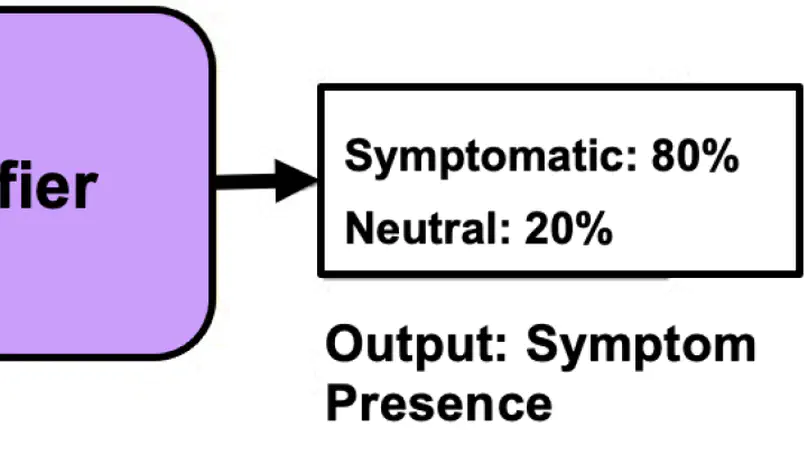
Mental health is in a state of crisis with demand for mental health services significantly surpassing available care. As such, building scalable and objective measurement tools for mental health evaluation is of primary concern. Given the usage of spoken language in diagnostics and treatment, it stands out as potential methodology. Here a model is built for mental health status evaluation using natural language processing. Specifically, a RoBERTa-based model is fine-tuned on text from psychotherapy sessions to predict mental health status with prediction accuracy on par with clinical evaluations at 74%.


